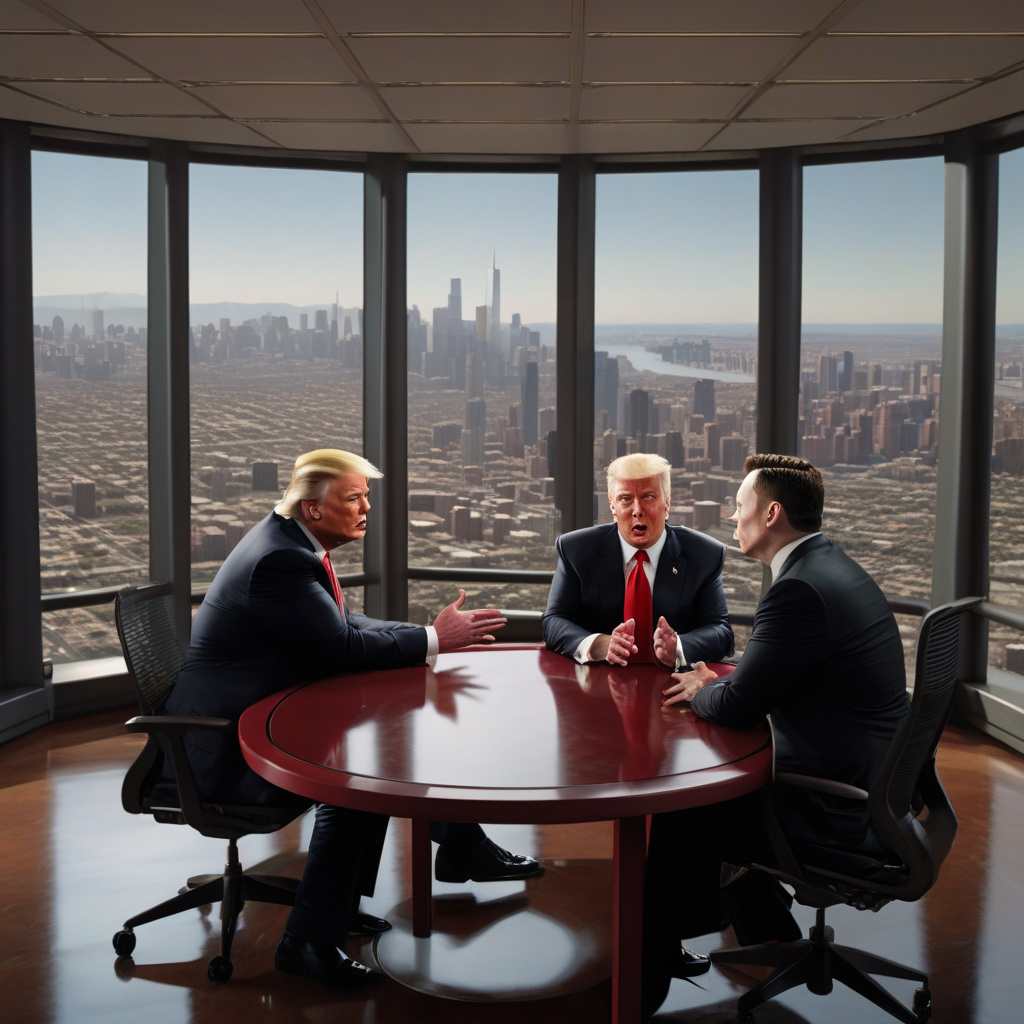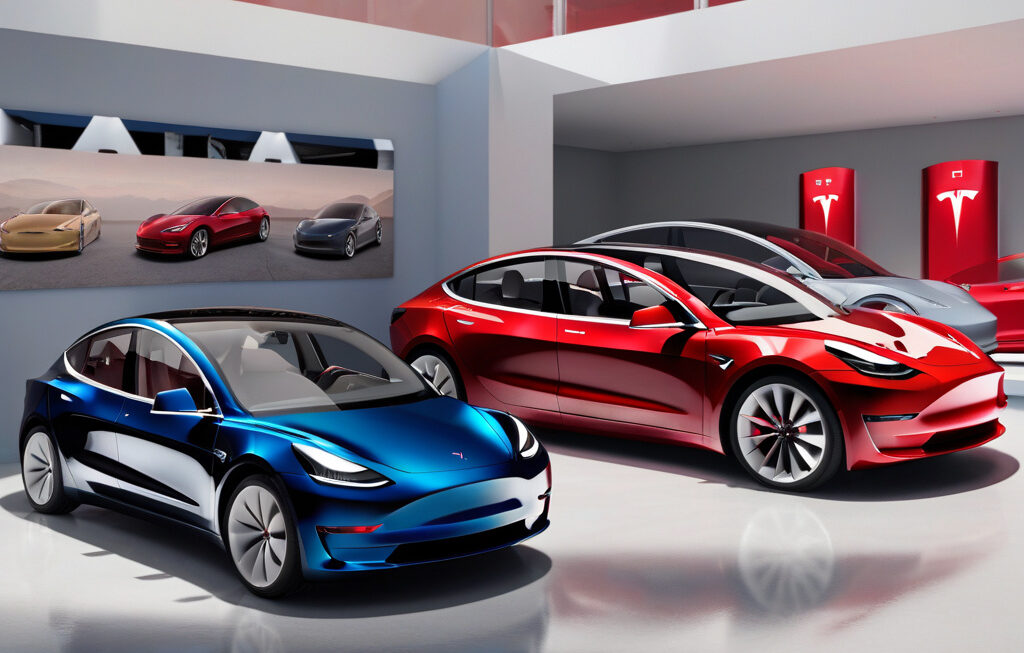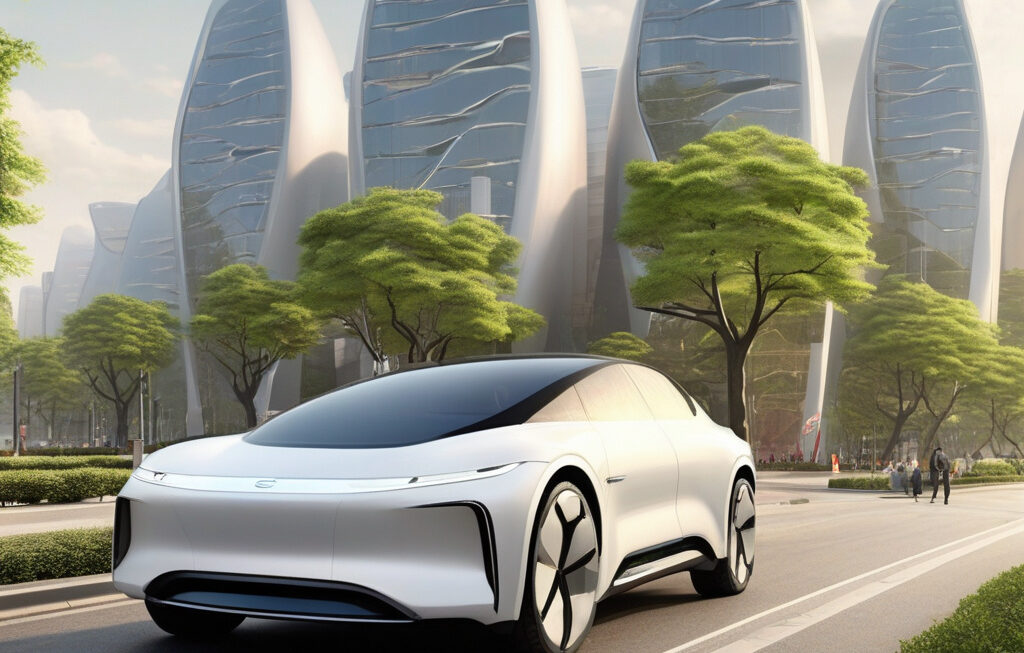“Close shop”: Trump Blasts Elon Musk in Clash Over EV Subsidies, Spending Bill
The ongoing rift between U.S. President Donald Trump and Tesla CEO Elon Musk escalated sharply when Trump took to Twitter to criticize Musk for his stance on electric vehicle (EV) subsidies and the recent spending bill. Trump’s tweet, accusing Musk of benefiting from government subsidies while his company fails to deliver on its promises, ignited a firestorm of debate and speculation within the business and technology communities.
At the core of this clash is the issue of government support for EV manufacturers. Musk’s Tesla has been a major beneficiary of federal tax credits and incentives aimed at promoting the adoption of clean energy vehicles. While these subsidies have undoubtedly played a crucial role in Tesla’s growth and success, critics argue that they have also given the company an unfair advantage in the market.
Trump’s criticism of Musk and Tesla comes at a time when the administration is seeking to roll back some of the incentives that have fueled the EV industry’s expansion. The recently passed spending bill includes provisions that would phase out the $7,500 tax credit for electric vehicle buyers, a move that has drawn sharp rebukes from industry leaders and environmental advocates.
In response to Trump’s tweet, Musk defended Tesla’s track record, highlighting the company’s role in advancing sustainable transportation and energy solutions. He pointed to Tesla’s growing production numbers and its ambitious plans for the future, including the development of new electric vehicles and energy storage technologies.
The clash between Trump and Musk underscores the broader debate over the role of government support in fostering innovation and economic growth. Proponents of subsidies argue that they are vital for nurturing emerging industries and driving technological progress. Critics, on the other hand, raise concerns about market distortions and the potential for subsidies to create unfair advantages for certain companies.
Regardless of where one stands on the issue of EV subsidies, it is clear that the relationship between government and industry will continue to shape the future of the electric vehicle market. As technology advances and consumer preferences evolve, policymakers will face tough decisions about how best to support innovation while ensuring a level playing field for all players in the industry.
In the case of Elon Musk and Tesla, the clash with President Trump may have far-reaching implications for the company’s future. As Tesla seeks to expand its market share and solidify its position as a leader in the EV industry, navigating the complexities of government policy and public opinion will be key to its long-term success.
In conclusion, the clash between Trump and Musk over EV subsidies and the spending bill highlights the challenges and opportunities facing the electric vehicle industry. As the debate rages on, one thing is clear: the future of transportation is electric, and the decisions made today will shape the landscape for years to come.
#Tesla, #ElonMusk, #DonaldTrump, #EVSubsidies, #ElectricVehicles












